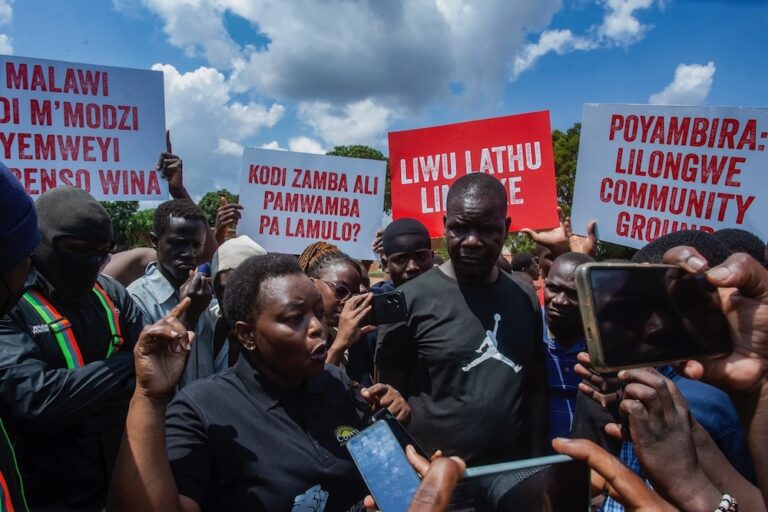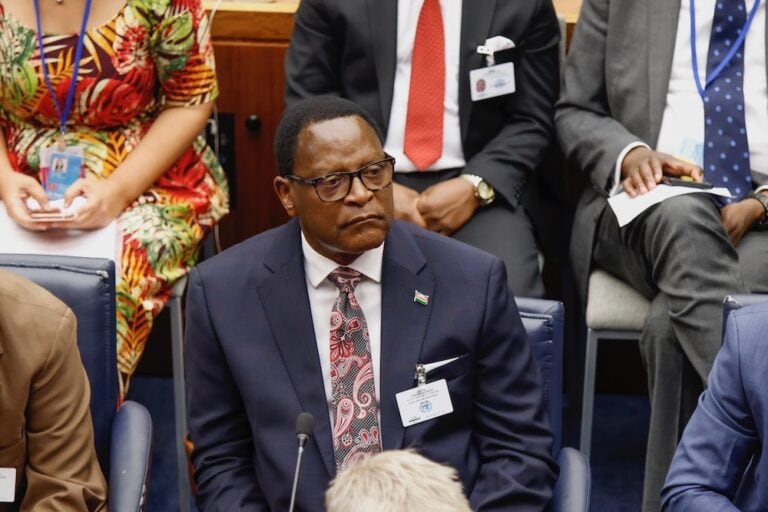Malawi President Bakili Muluzi has warned opposition political parties that he would resort to sedition laws against politicians who insulted him. On 17 June 1996, the local media reported Muluzi accusing his opponents of using “bad language under the guise of democracy and free speech” to slander him and the ruling United Democratic Front party. […]
Malawi President Bakili Muluzi has warned opposition political
parties that he would resort to sedition laws against politicians
who insulted him. On 17 June 1996, the local media reported
Muluzi accusing his opponents of using “bad language under the
guise of democracy and free speech” to slander him and the ruling
United Democratic Front party. Muluzi reportedly said that most
countries had laws protecting presidents or prime ministers from
being publicly insulted. Muluzi added that under the 1930 Penal
Code for Sedition a person could be charged with sedition for
inciting dissent against the president.
However, the president’s political advisor, Katenga Kaunda,
denied Muluzi would resort to sedition laws against opposition
political leaders who insulted the president. Speaking to MISA on
20 June, Kaunda said: “Muluzi only said that laws to protect the
president are still there and nothing more.” However, Kaunda
admitted that since Muluzi defeated former President Dr. Hastings
Banda in multiparty elections in 1994, “laws of sedition have not
been reviewed.” The local media, however, reported opposition
leaders accusing President Muluzi of “intimidating the opposition
by threatening to resort to sedition laws.”
Previously, as was reported by the Committee to Protect
Journalists (CPJ) on 21 May, President Muluzi had also warned
journalists that he would not tolerate what he called “inaccurate
reporting” which harmed the country’s image. Muluzi was
apparently angered by a newspaper report which alleged that a
local company had given him a free vehicle in order to give that
company favourable treatment. Although Muluzi said that press
freedom was guaranteed in Malawi, he reportedly stressed that “If
I seek legal advice, journalists should not squeal and try to
hoodwink the international community that the president of Malawi
and members of his government are depriving journalists of their
freedom” (see IFEX alert dated 21 May 1996).
Appeals To


